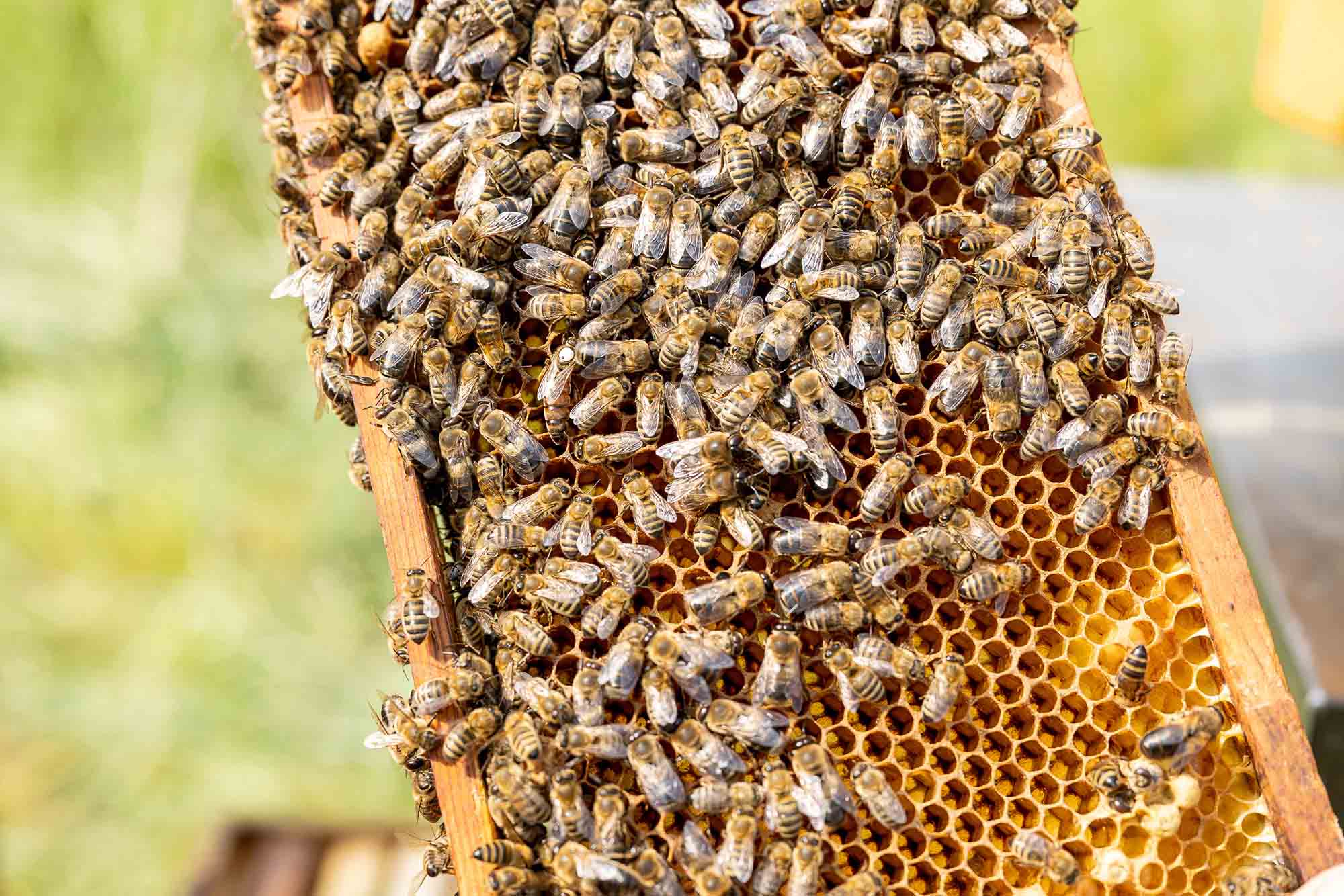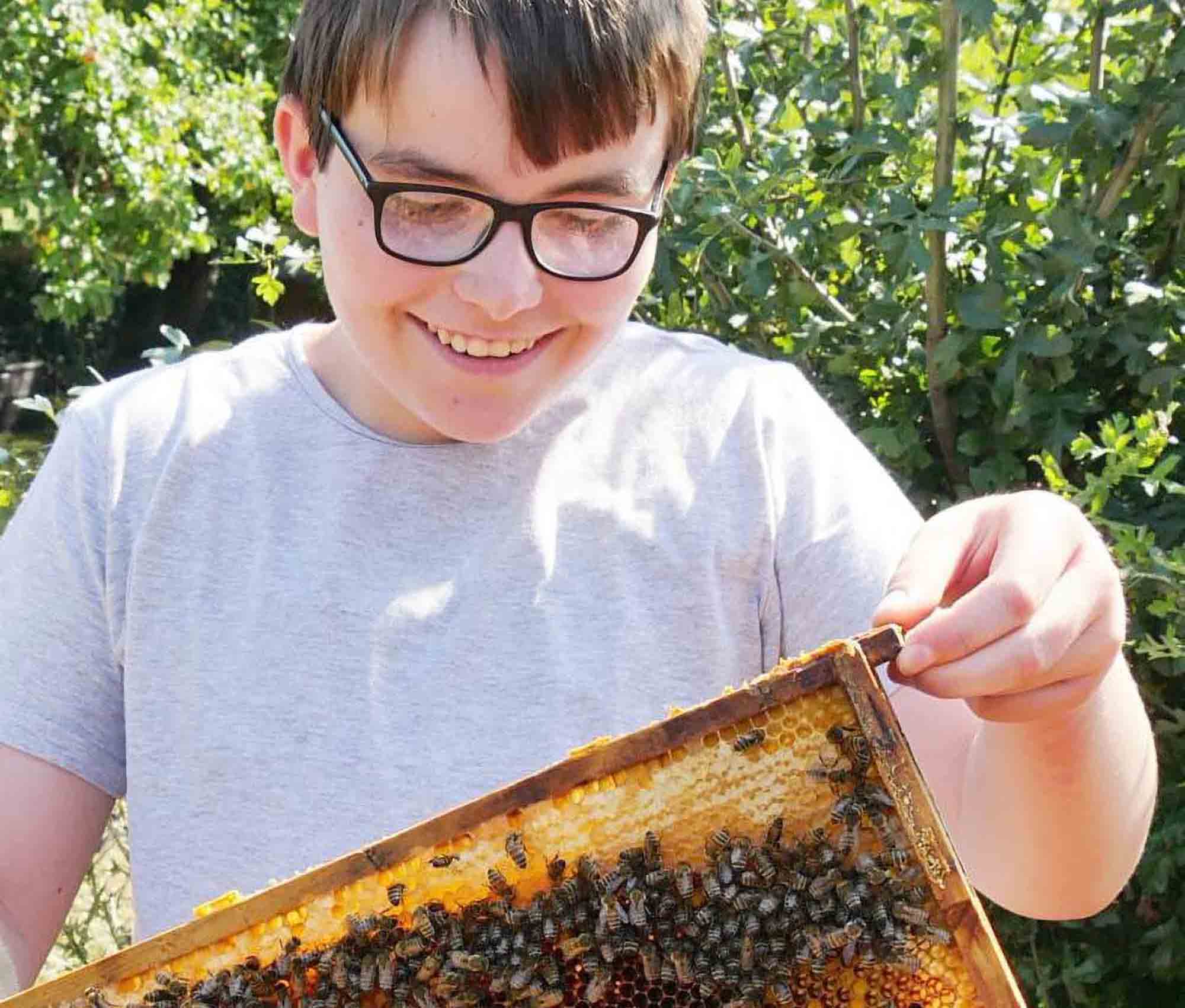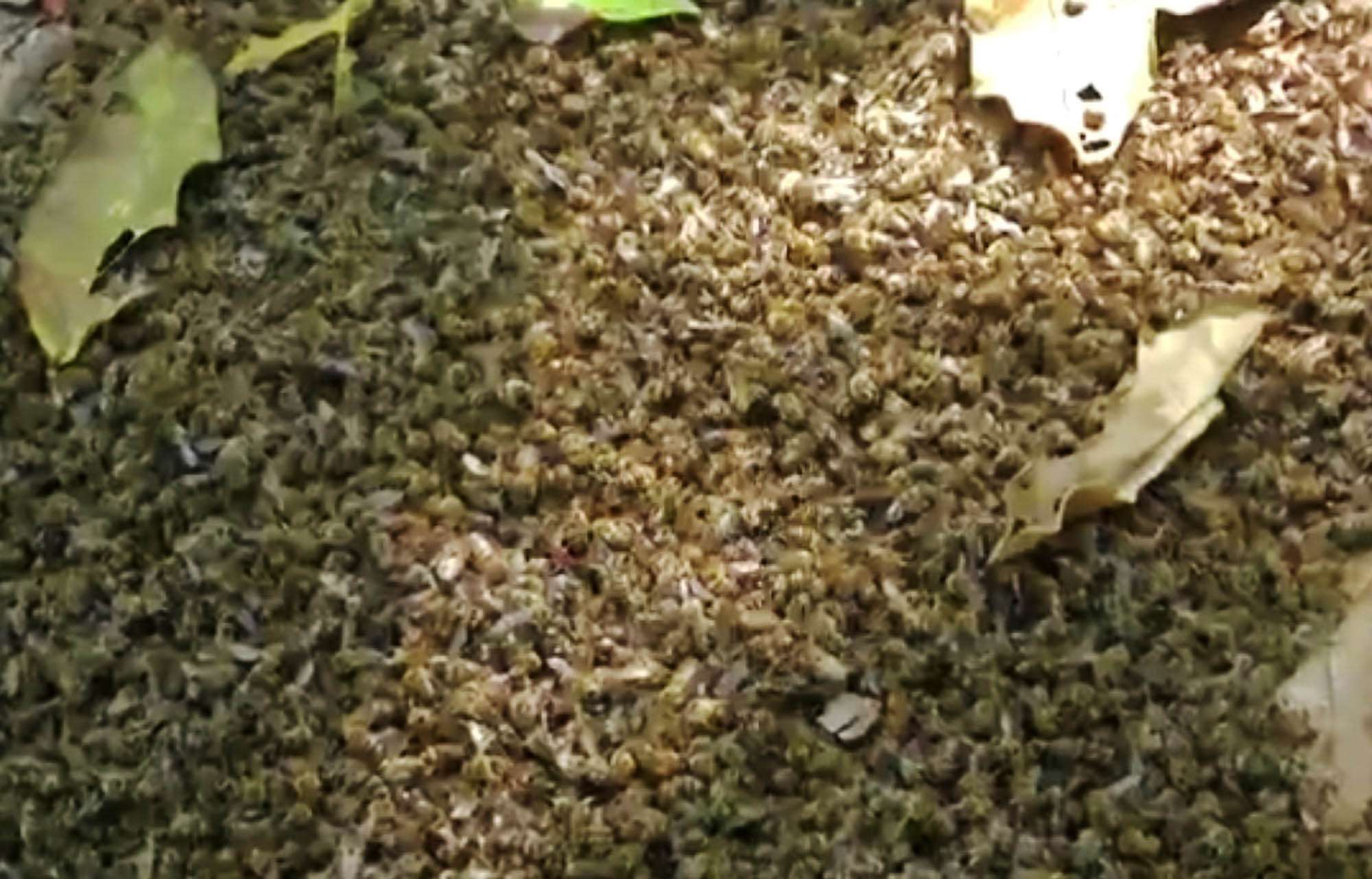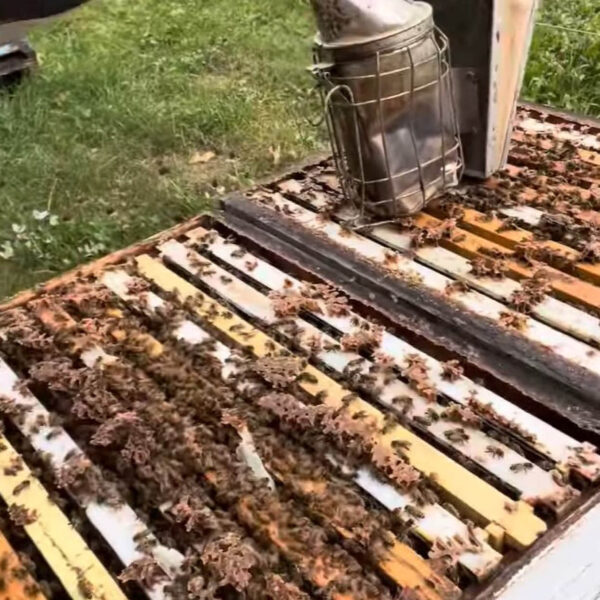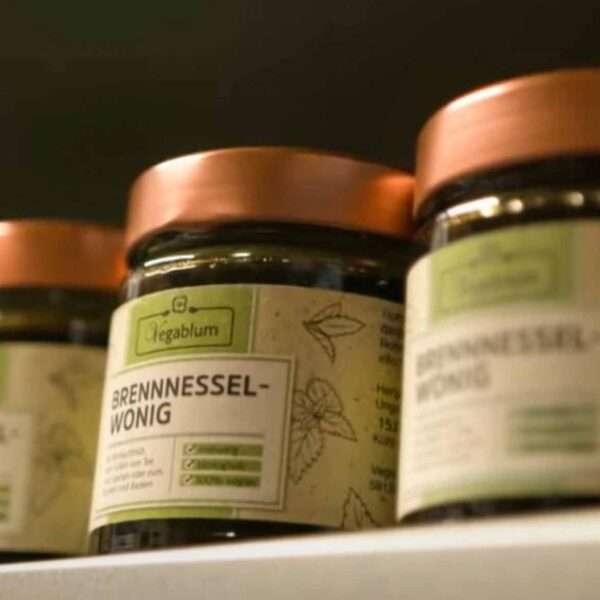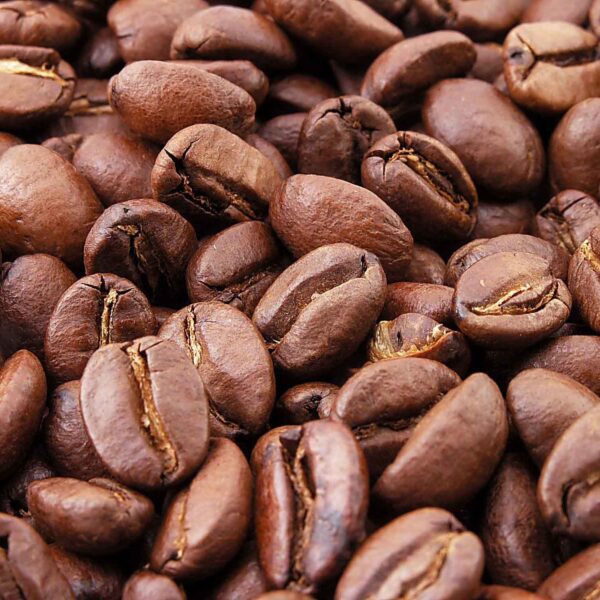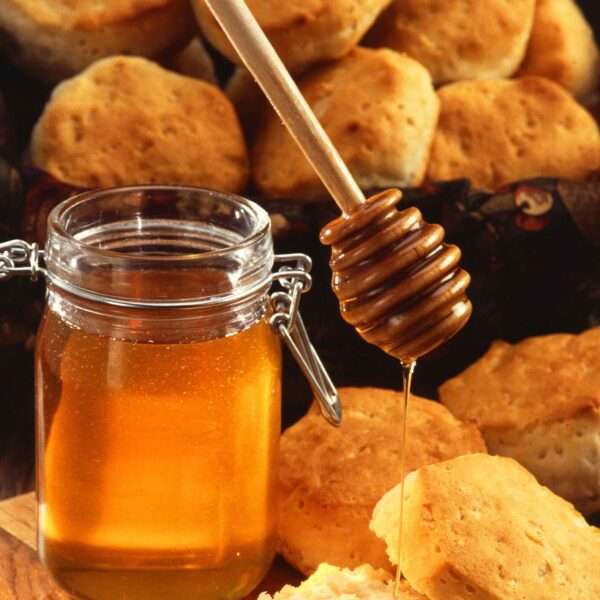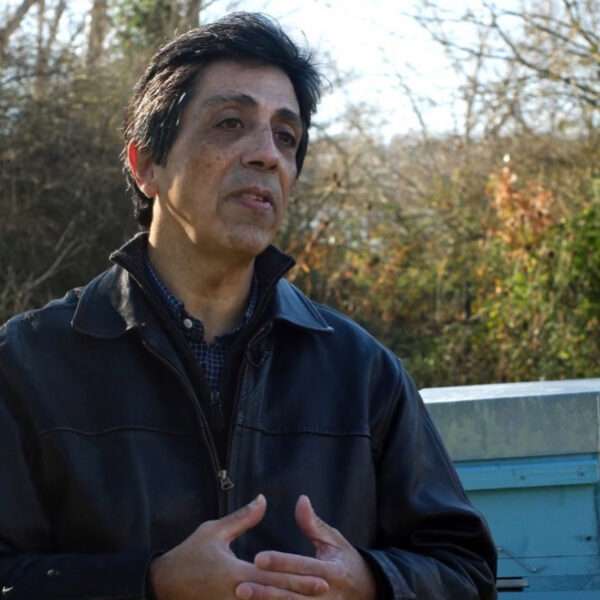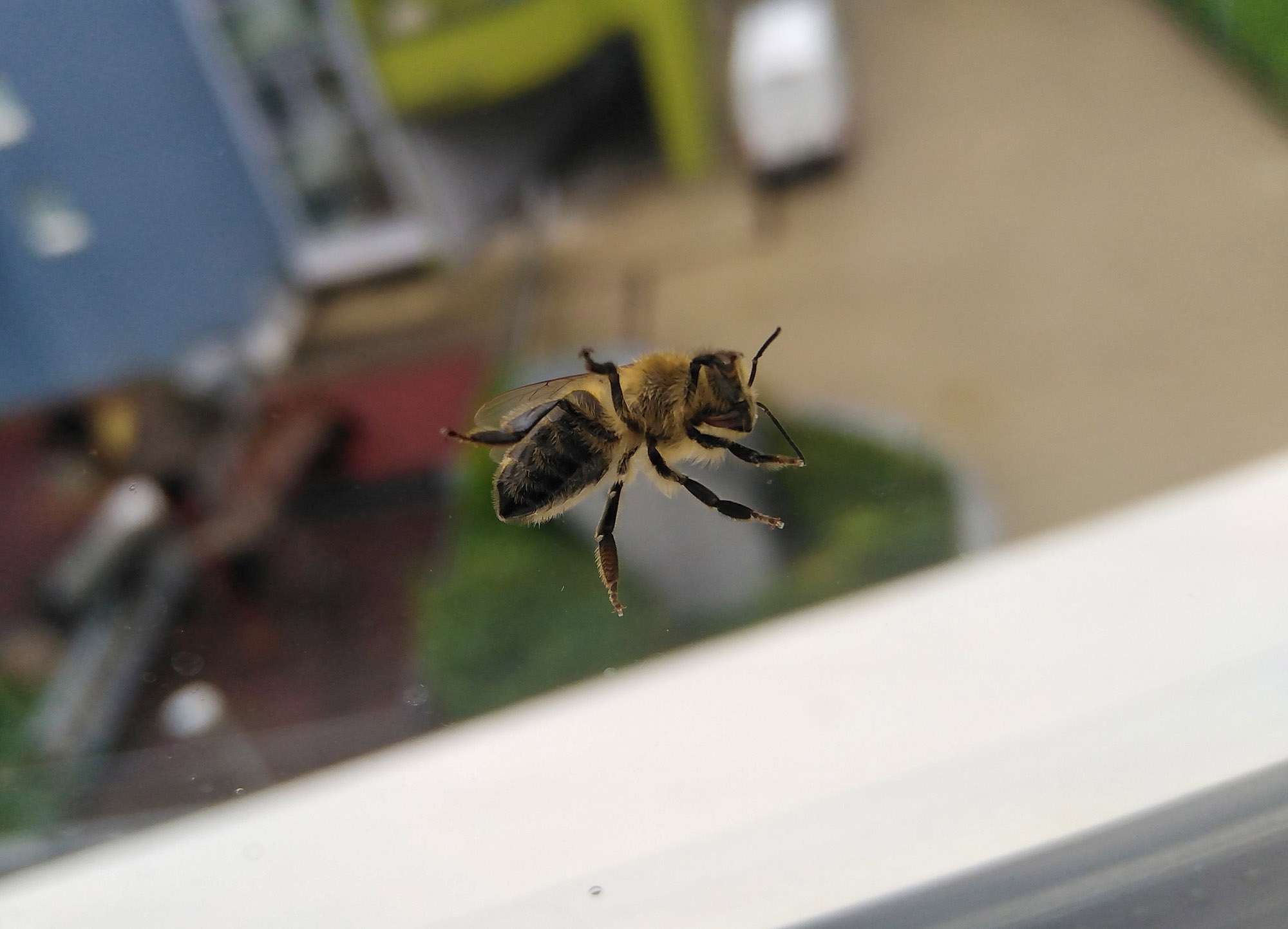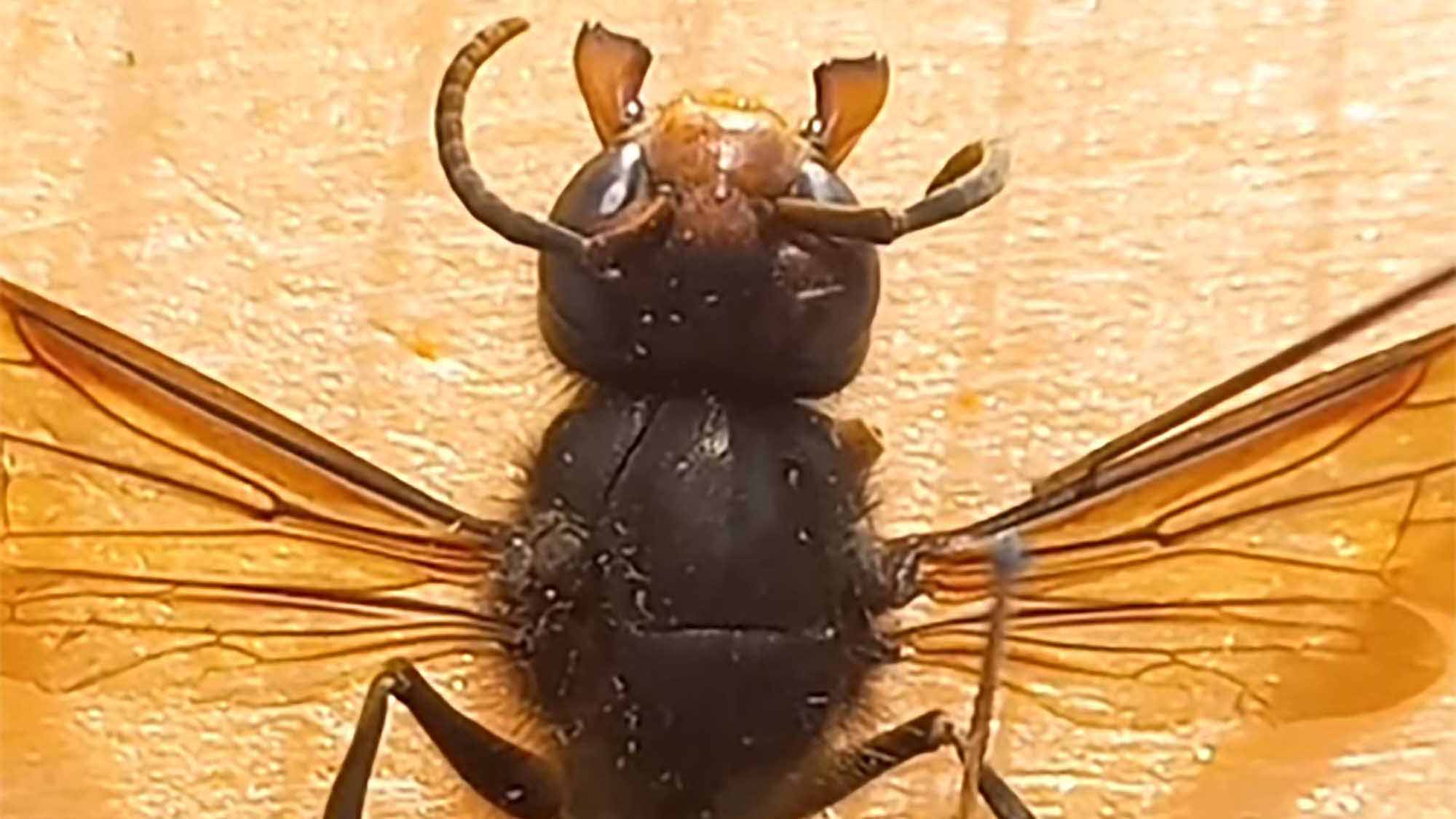Beekeepers in Upper Austria have experienced a devastating blossom honey harvest decline this year, it has emerged.
Apiarist Wolfgang Pointecker said there had hardly been any blossom honey production this year due to the cold and rainy conditions in spring.
The full-time beekeeper from the small town of Wippenham told the local Tips newspaper: “Professional apiarists will not be able to cover their costs this year.”
Wolfgang explained: “Some of them suffered a total collapse of their blossom honey production while there are substantially different forest honey results depending on the region.”
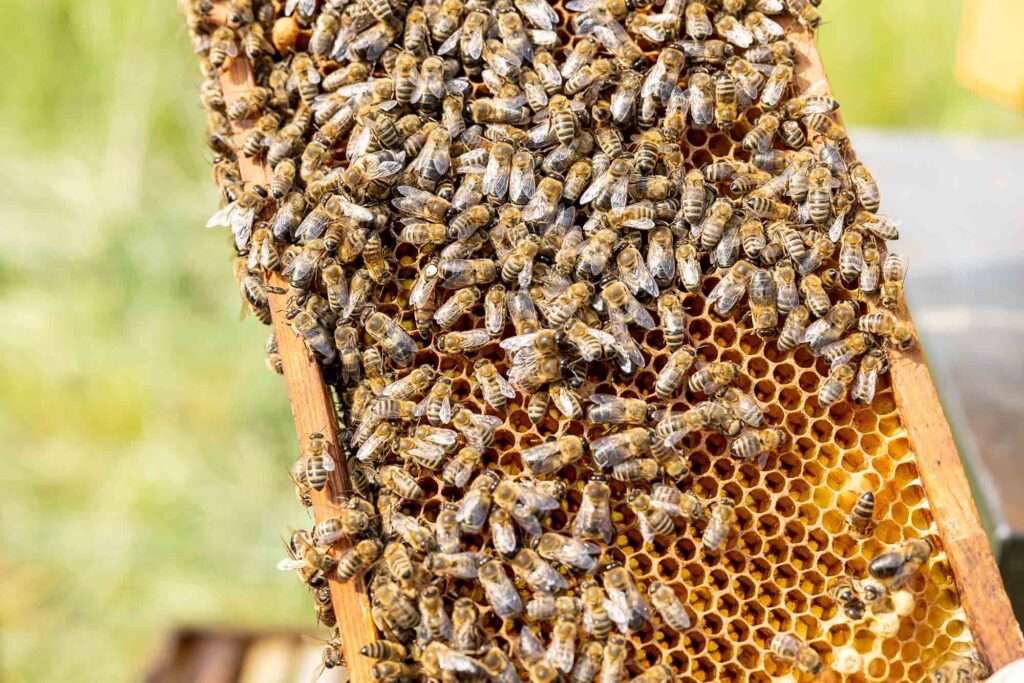
Wolfgang is one of Austria’s few professional beekeepers. The vast majority of apiarists in the country’s nine states are passionate hobbyists.
In spring, intense rainfall and low temperatures caused concerns among owners of honeybee hives. In June, pollinator colonies struggled due to the unusually hot weather.
There are around 8,100 beekeepers in the province of Upper Austria which has 1.48 million inhabitants.
Speaking to Tips, Herbert Vitzthum from the Upper Austrian Apiculture Association warned that this year’s overall output could be 50 per cent smaller than the long-term annual average.
But Herbert added: “We are nevertheless delighted about the high quality of the harvested honey.”
Honey is said to have positive effects on humans. According to the Mayo Clinic, honey “is used as an anti-inflammatory, antioxidant and antibacterial agent.”
The leading US American medical research centre informs on its homepage that honey “might offer antidepressant, anticonvulsant and anti-anxiety benefits.”
It adds that its antioxidants “might be associated with reduced risk of heart disease.”

